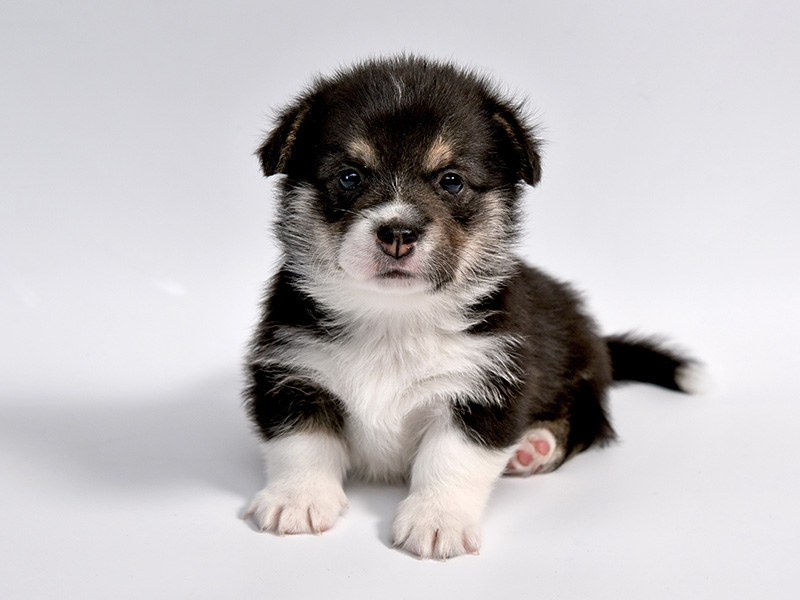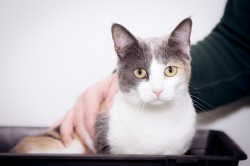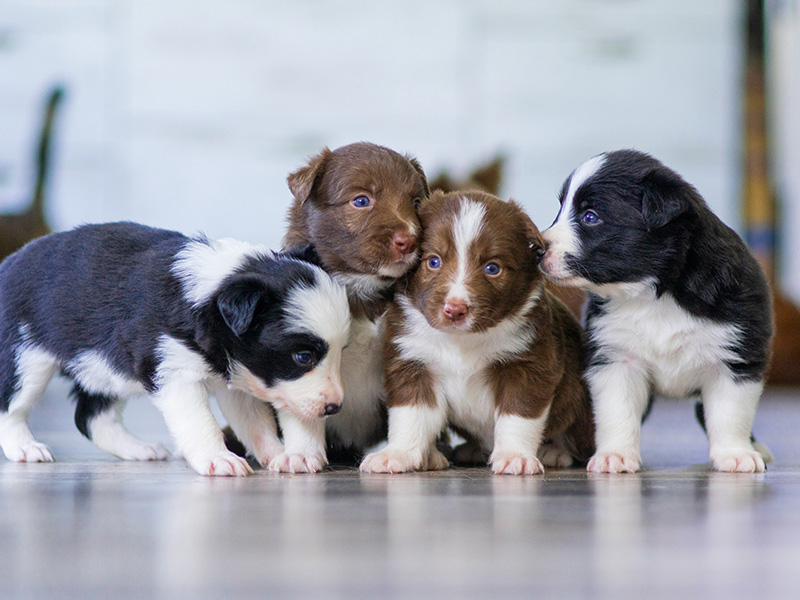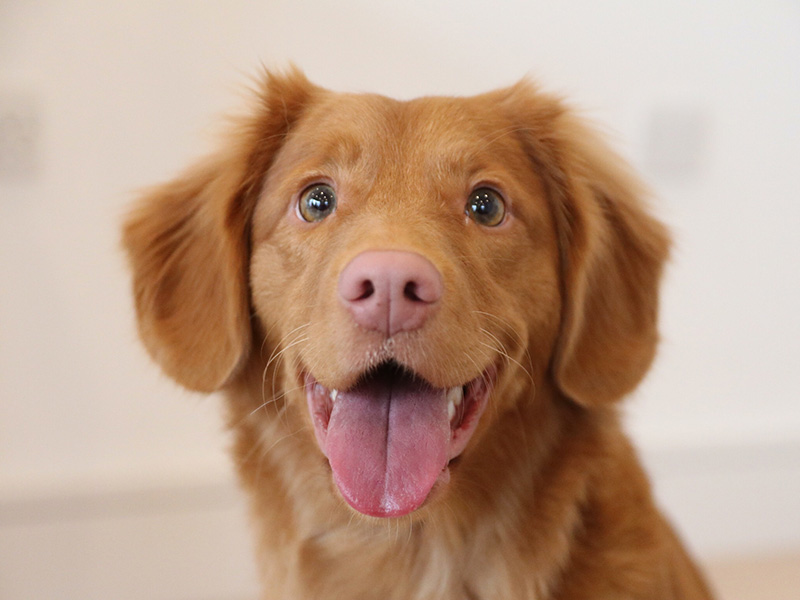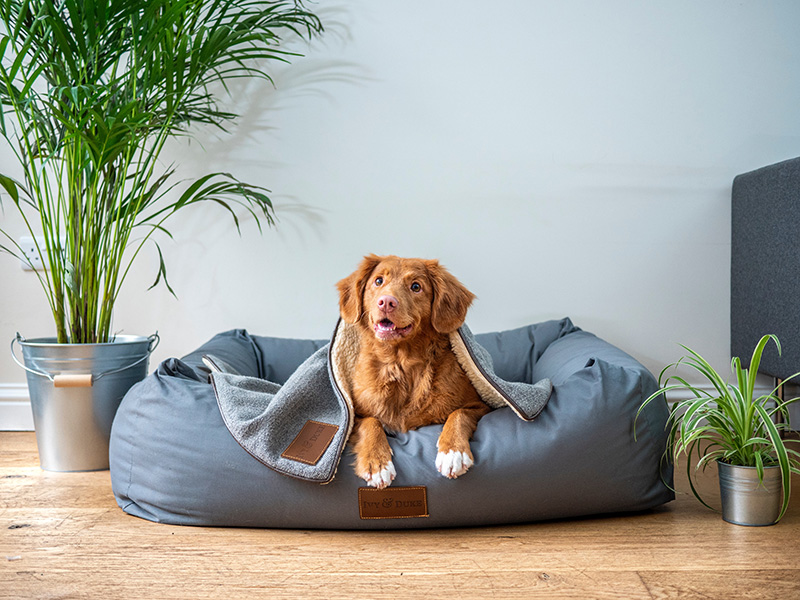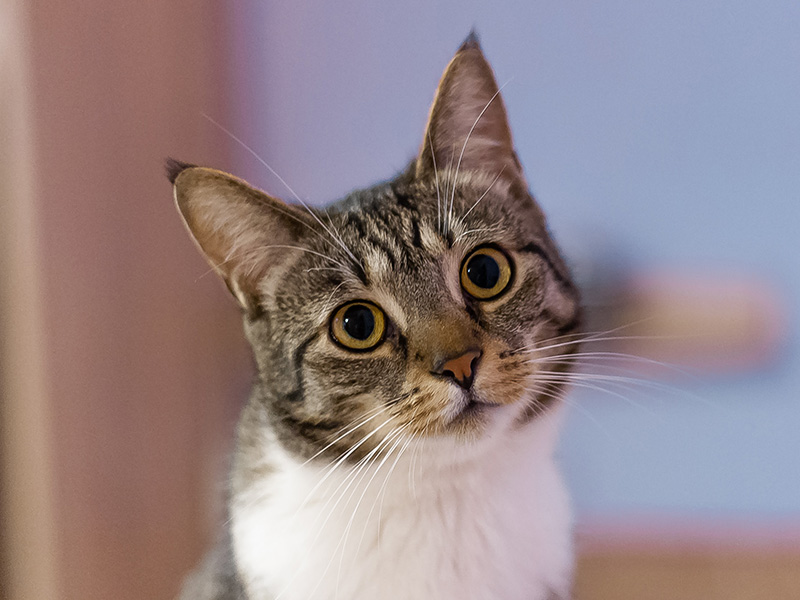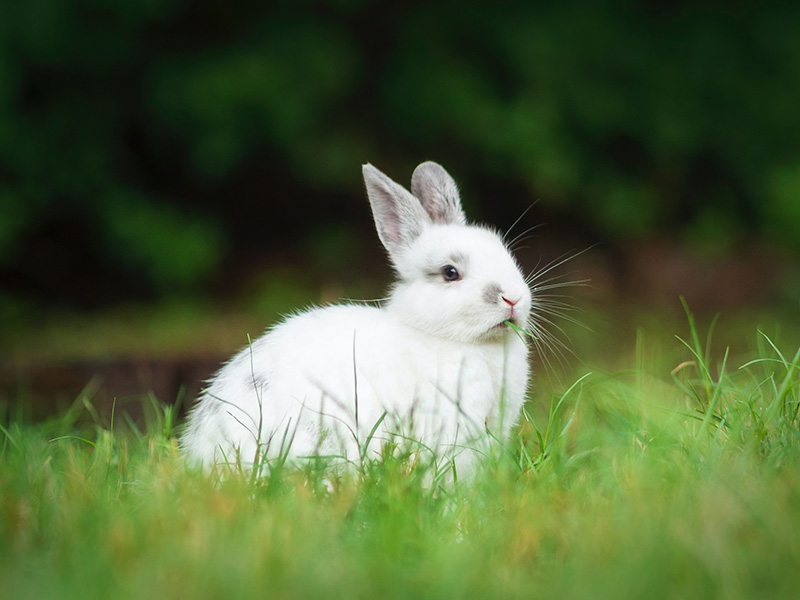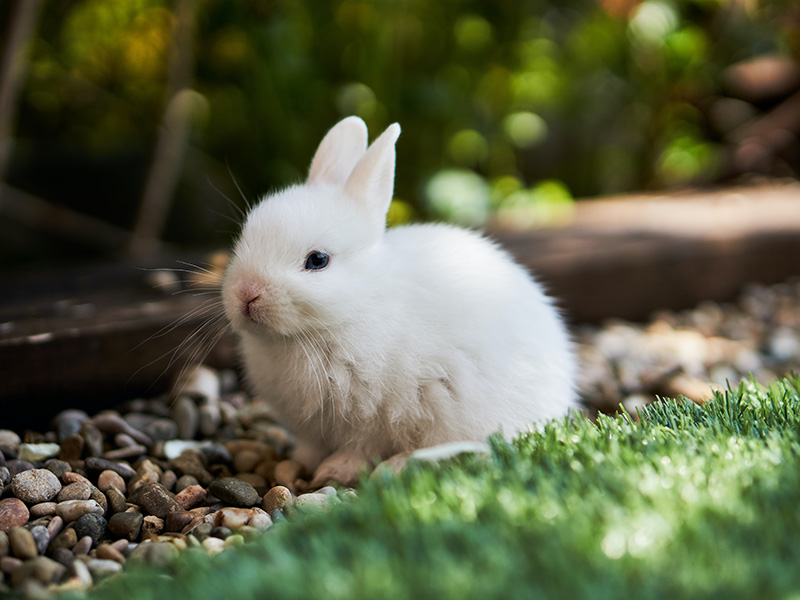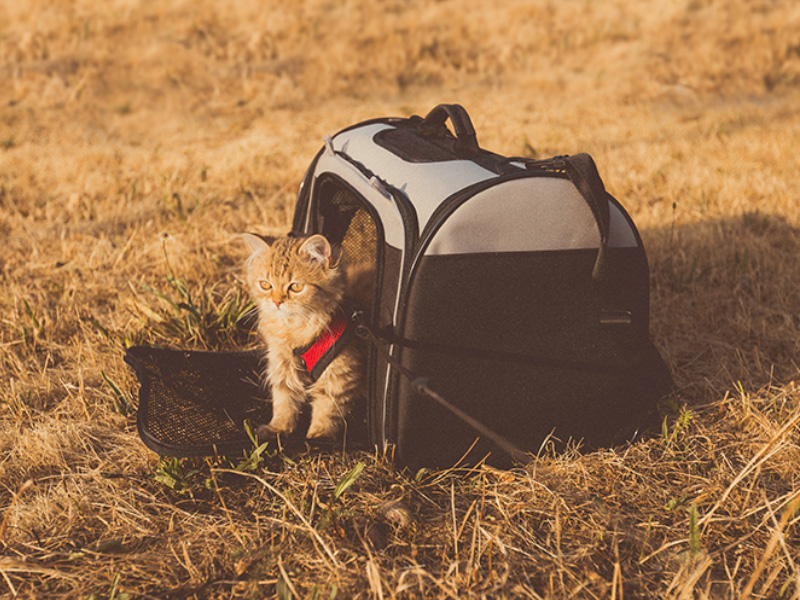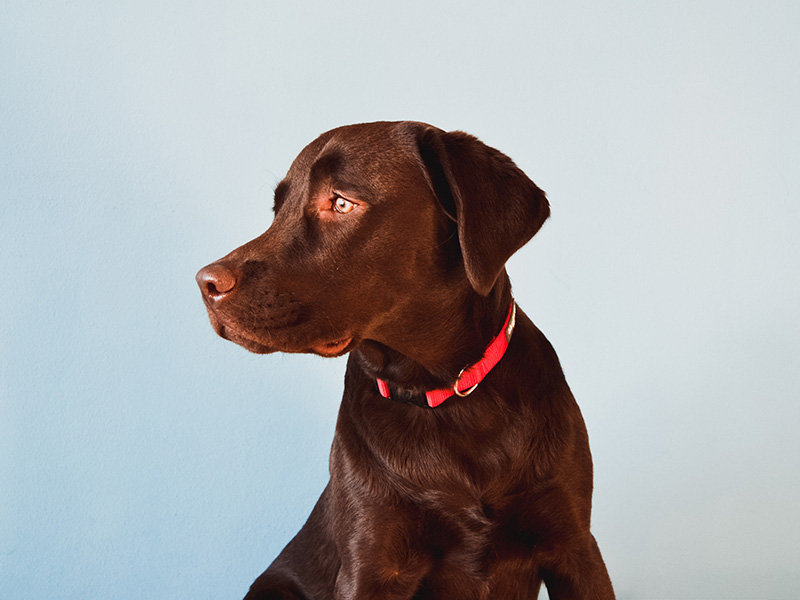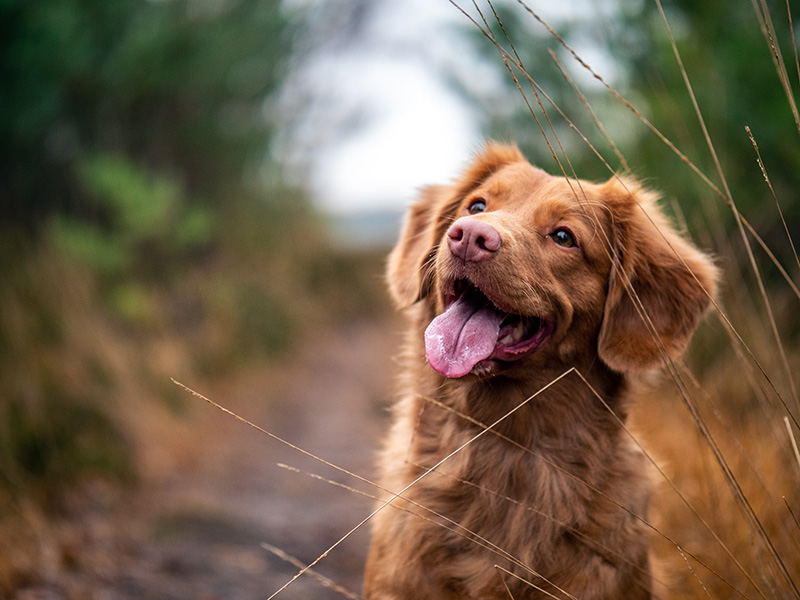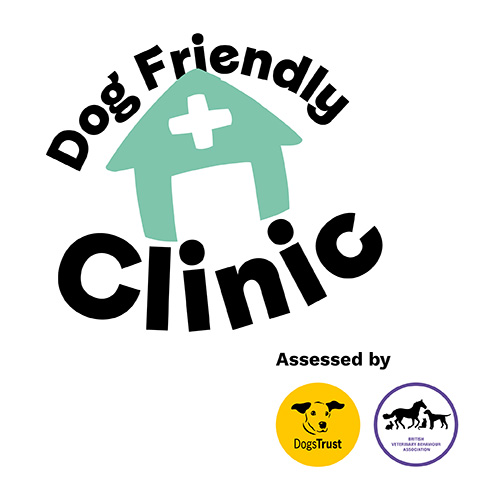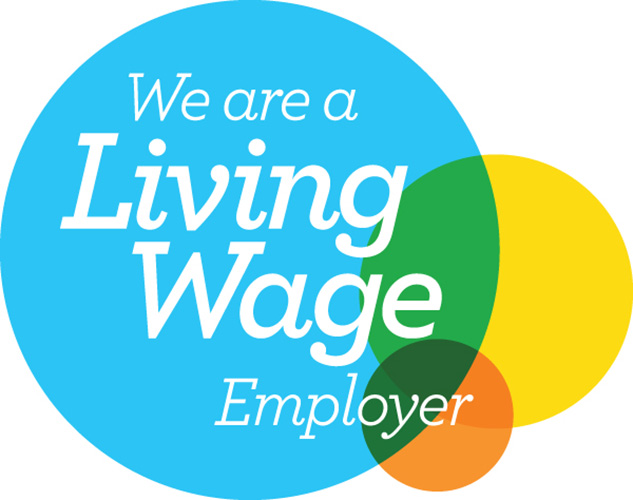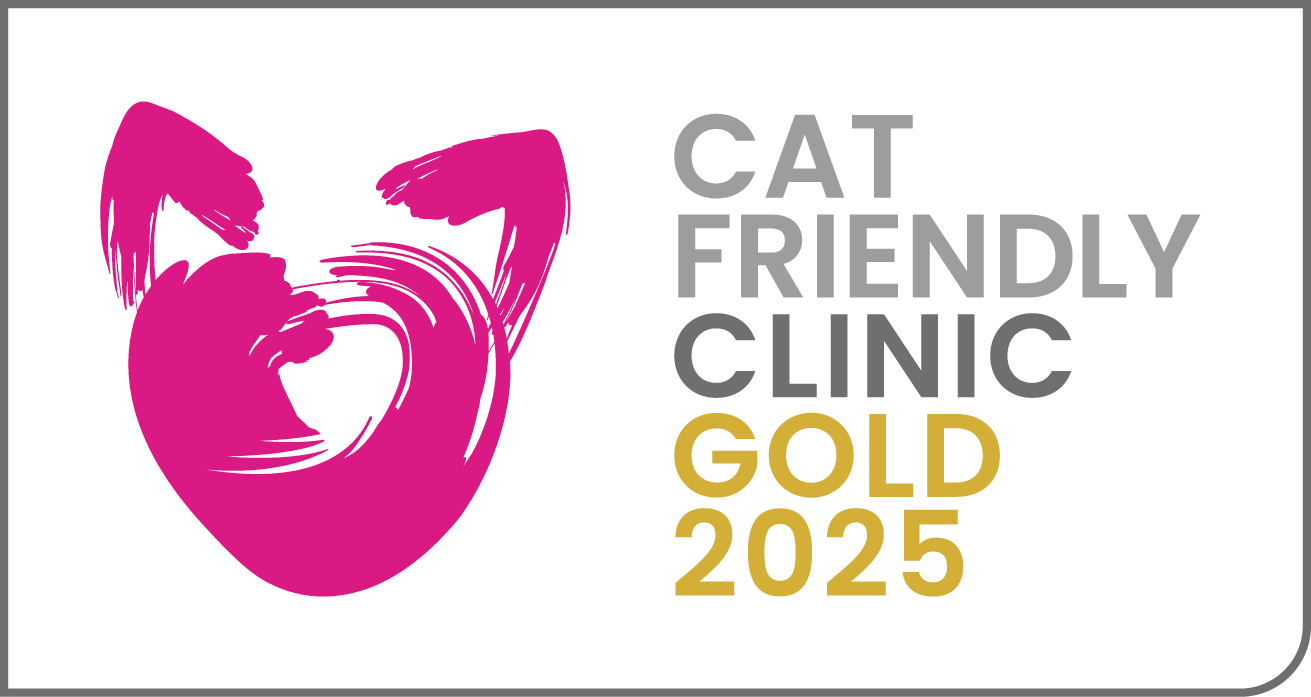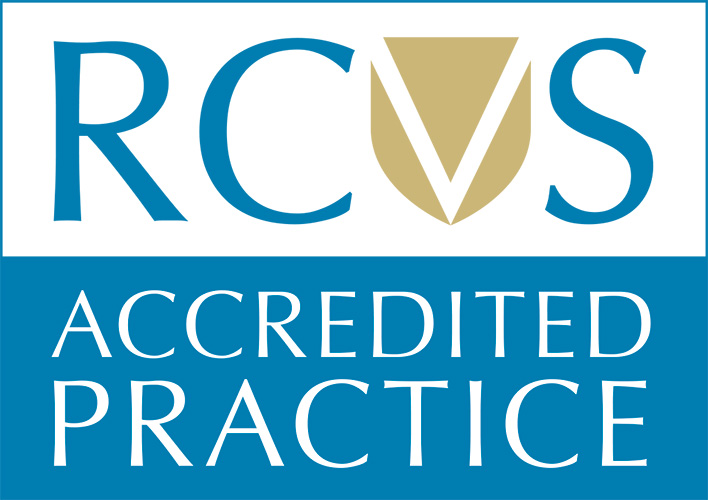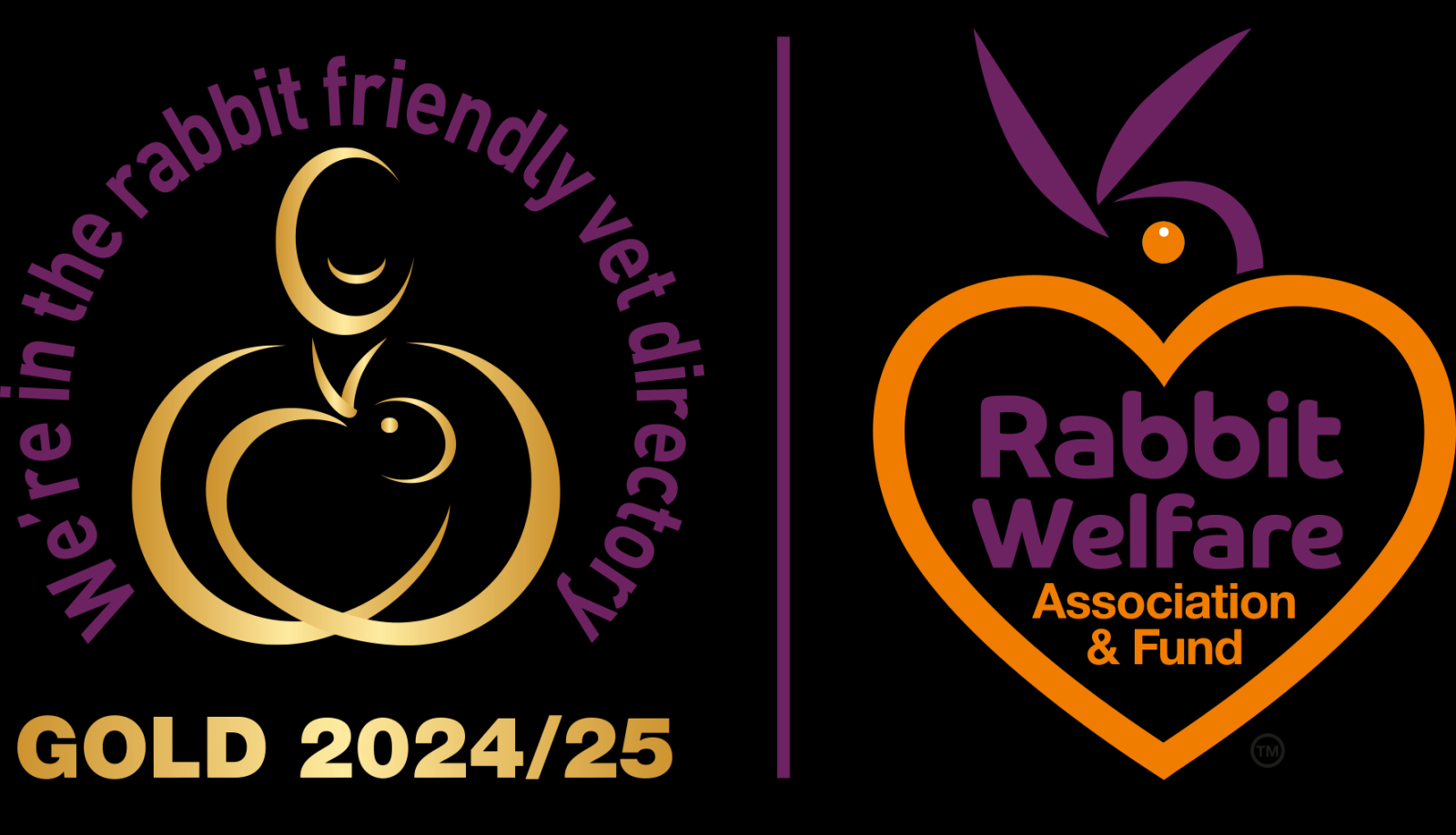Keyhole Surgery At Acorn House
Acorn House Veterinary Hospital is able to offer keyhole surgery as an alternative to traditional, open surgery. This type of surgery is most commonly used for spaying bitches but can also be used for removing undescended testicles, and taking liver biopsies.
What happens in a keyhole spay?
Dogs having a keyhole spay have a general anaesthetic and clipping of the fur on the tummy just like dogs having traditional surgery. However, instead of making a large incision, the surgeon makes three small incisions through which telescopic instruments are passed. One of these instruments inflates the abdomen with gas, and another provides light and a camera so that the surgeon can see the inside of the dog on a video screen. The third instrument is used to heat-seal the vessels and attachments holding the ovaries in place, and remove them from the dog.
What are the advantages of keyhole spay surgery?
- More comfortable for the dog after the operation because the wounds are much smaller – most dogs appear completely normal within 24 hours.
- Reduced risk of wound complications (such as infection, delayed healing, dog nibbling out the stitches) because the wounds are so small.
- Less exercise restriction required post-surgery
- Very reliable control of bleeding after surgery as the vessels are sealed by heat, rather than relying on hand-tying with surgical thread.
What is the cost of keyhole spay surgery?
The costs of the telescopic equipment, surgeon training, and the heat-sealing device, alongside the time-consuming procedures for sterilising the delicate instruments between each procedure, mean that keyhole surgery is more expensive to provide than traditional surgery. Acorn House charges a supplement of £304.95 on top of the normal spay price to provide this service.
Do I need to request keyhole surgery at the time of booking?
Yes. If you are booking your dog in for a spay and would like this to be performed using keyhole surgery, please let the receptionist know when you make your booking. This allows us to ensure that both the keyhole equipment and a veterinary surgeon who has been trained to perform keyhole surgery are both available on that day.
-
Previous
-
Next
